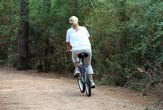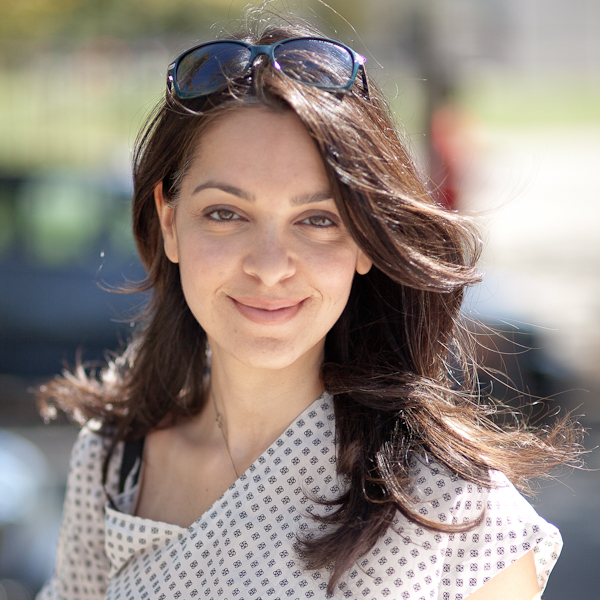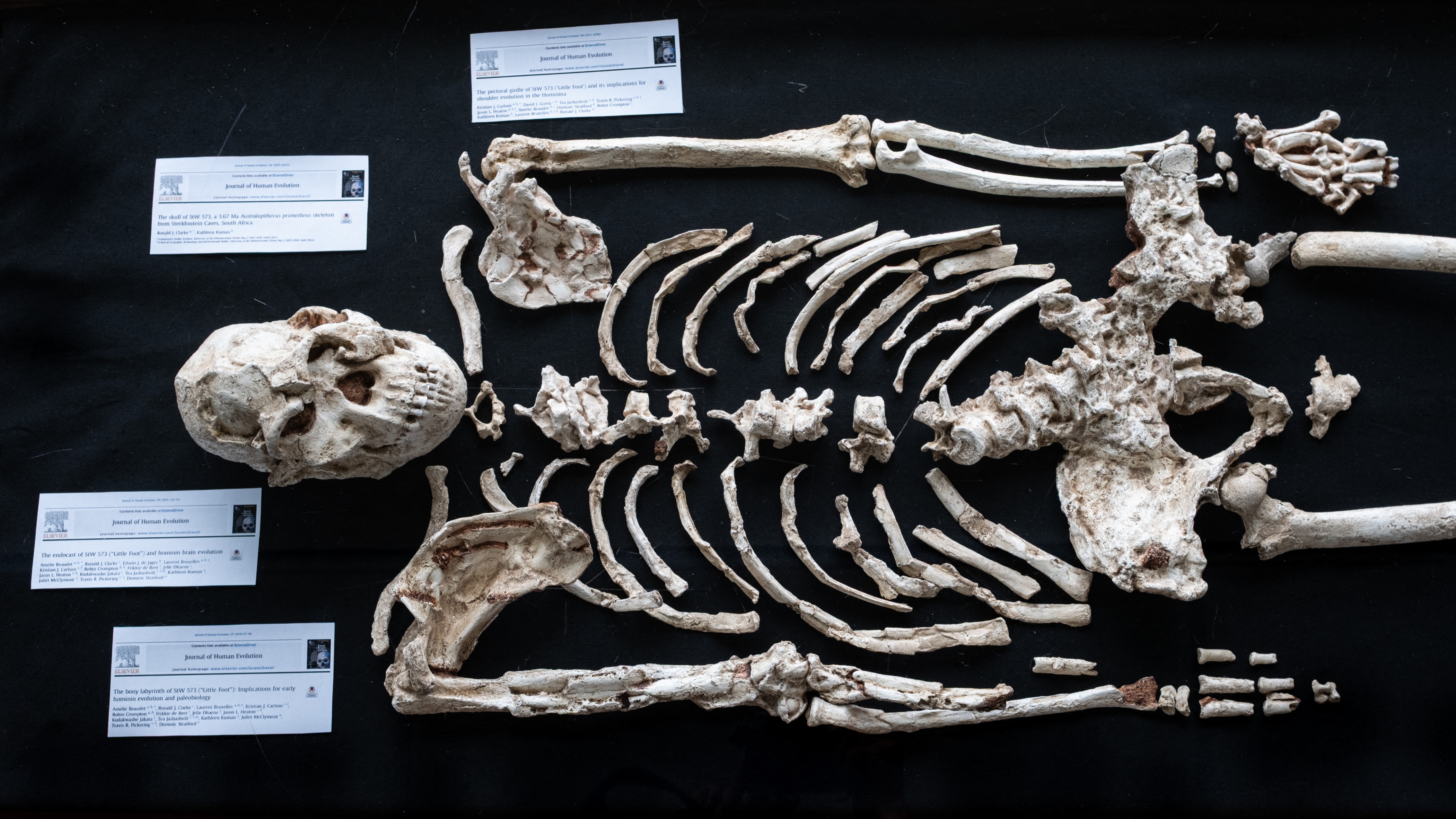Study: You Do Have Time to Exercise

Lack of time is no longer an excuse for not working out, suggests a new but relatively small study.
Scientists split a group of 16 college-aged students into two groups, each one performing a different exercise schedule for two weeks.
Eight students cycled four to six times for 30-seconds separated by four minutes of recovery daily, while the other group cycled for 90 to 120 minutes each day. At the end of the two weeks, the first group had only exercised 2.5 hours total, and the second group had performed 10.5 hours of training. Yet both groups showed similar health improvements.
Participants of both groups had similar muscle glycogen contents. Glycogen is a sugar molecule that is readily converted to glucose to supply the body with energy during heavy work. Synthesis of glycogen is usually greater after exercise. The researchers also found that improvements in muscle parameters associated with fatigue resistance were similar in all subjects.
"The most striking finding from our study was the remarkably similar improvements in muscle health and performance induced by two such diverse training strategies," said Martin Gibala, an associate professor of kinesiology at McMaster University in Canada.
Exercising helps lower blood pressure, improves the cardiovascular system, and reduces the chance of illnesses such as cancer and diabetes. The busy lives of many people, however, prevent them from being active.
Such exercise could be a time-efficient training strategy, Gibala added. “This type of training is very demanding and requires a high level of motivation. However, short bursts of intense exercise may be an effective option for individuals who cite ‘lack of time’ as a major impediment to fitness."
Get the world’s most fascinating discoveries delivered straight to your inbox.
The findings are detailed in the September issue of the Journal of Physiology.
- Depressed? Take a Hike
- The Harder You Exercise, the Quicker You Recover
- Study: Lifting Weights Slims Down Belly
- The Most Important Exercise Tip
- Body Quiz: The Parts List



